In popular histories of science in Europe the history of physics is all too often presented roughly as follows, in antiquity there was Aristotle, whose writings also dominated the Middle Ages, until Galileo came along and dethroned him, following which Newton created modern physics. Occasionally Descarte and or Christiaan Huygens gets thrown into the mix between Galileo and Newton. That is narrative is an inaccurate cliché hardly needs to be said but this cliché still gets repeated ad nauseam. In this serious of blog posts, I shall be taking a much more detailed look at how modern physics emerged during the early modern period and the scholars who were behind that emergence but before we reach that period, we will need to outline what already existed when they began their work.
In this introductory post I shall be taking a look at the word physics itself, where it comes from and how it changed over the centuries. Although, as we will say, some of the parts of physics predate Aristotle, the etymological origin of the word, the Greek ta physika, is the title of one of his books, which literally means the natural things and is his study of the whole of nature as he perceived it.
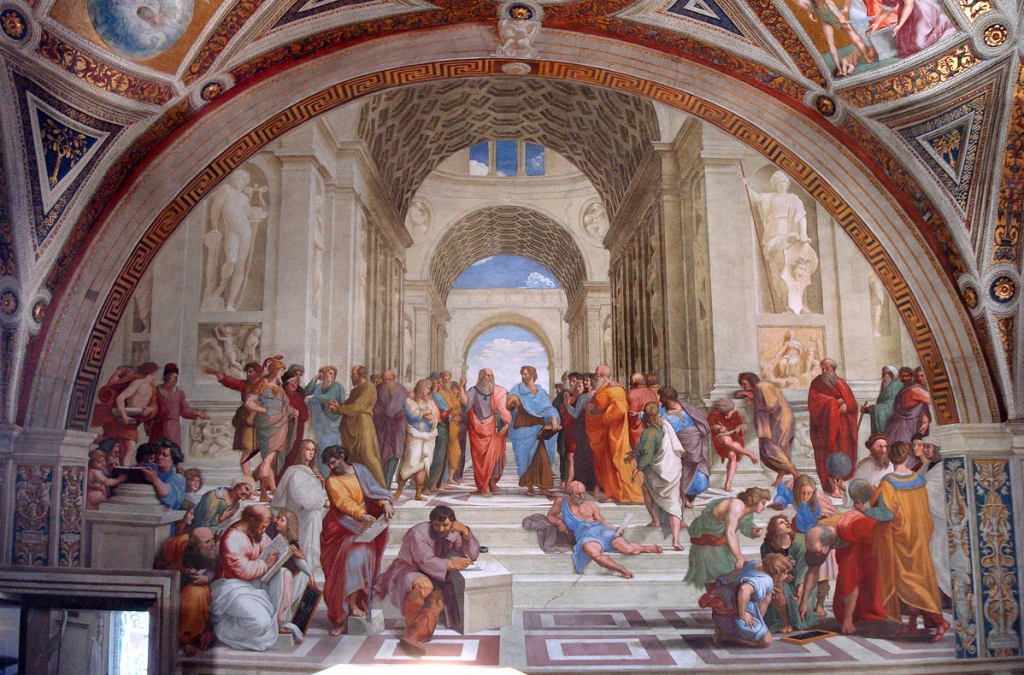
The sense of nature or natural is also the origin of the word physic for a healing potion, which goes back to the fourteenth century, as it is also for the word physician for a healer from a century earlier.
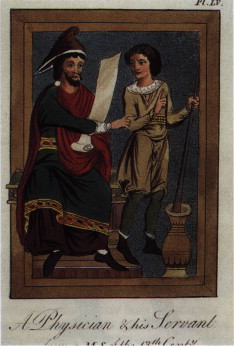
We also find it in physiology, today the scientific study of how people’s and animals’ bodies function and how plants function, according to the dictionary but in earlier times according to the etymological dictionary:
1560s, “study and description of natural objects, natural philosophy” (a sense now obsolete), from French physiologie (16 C) or directly from Latin physiologia “natural science, study of nature,” from Greek physiologia“natual science, enquiry into nature,” from physios “nature” + logia “study.” Meaning “science of normal function of living things” is attested from 1610s.
In the Latin of the late Middle Ages and the Early Modern Period, Aristotle’s Greek ta physika became philosophia naturalis or in English natural philosophy. It still covered a much wider range of study than our concept of physics and was not much used in formal structure of the medieval university. Padua became the first university to appoint a professor of natural philosophy with Giacomo Zabarella (1533–1589) in 1577. However, he was principally an Aristotelian logician and his great work in natural philosophy De rebus naturalibus was also completely Aristotelian. The most famous occurrence of the term is, of course, in the title of Isaac Newton’s magnum opus, Philosophiæ Naturalis Principia Mathematica (The Mathematical Principles of Natural Philosophy) The modern meaning of physics first emerged in the early eighteenth century.
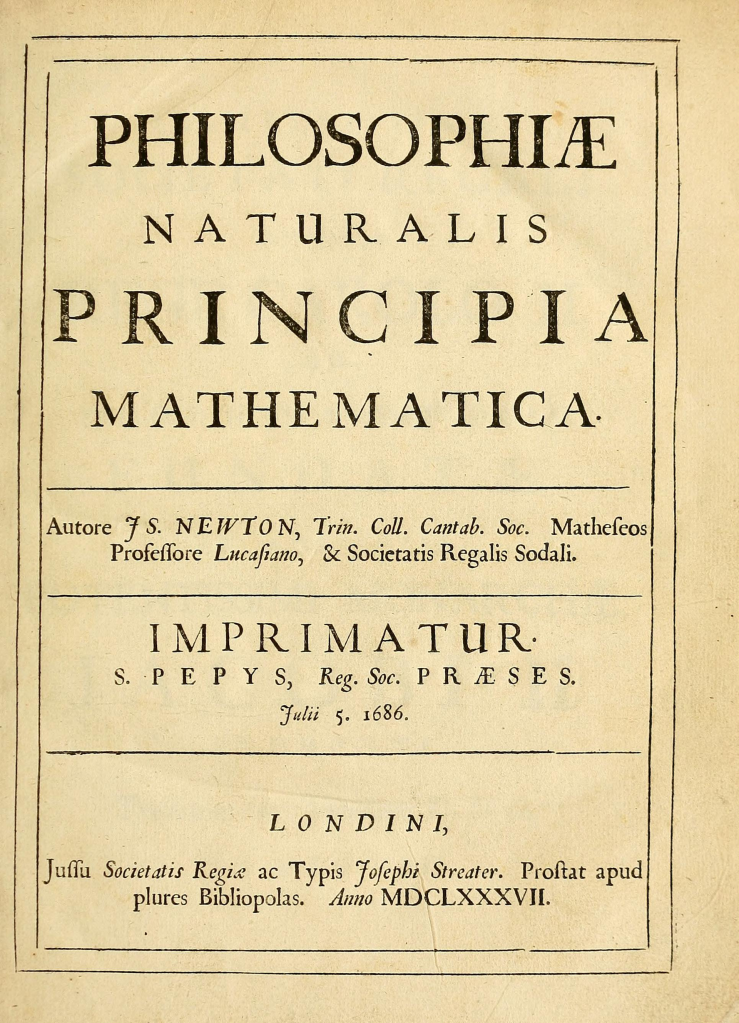
However, as late as 1867, the physics textbook from William Thompson (1824–1907) and Peter Guthrie Tait (1831–1901), published by Oxford University Press, gloried in the title Treatise on Natural Philosophy.
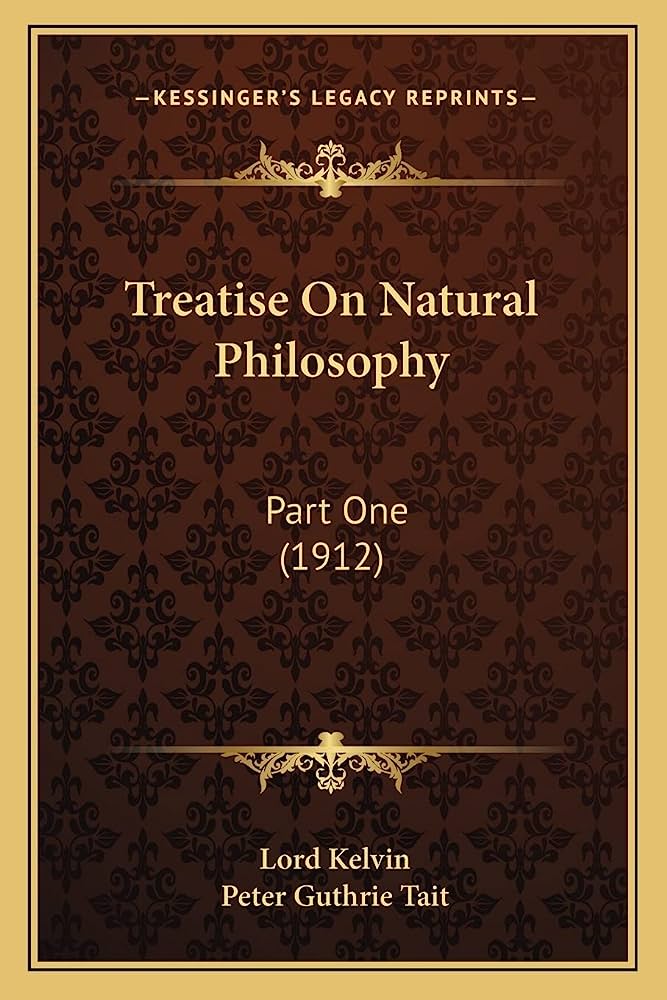
Looking at the etymological dictionaries take on the word physics we have:
1580s, “natural science, the science of the principles operative in organic nature,” from physic in the sense of “natural science.” Based on Latin physica (neuter plural), from Greek ta physika, literally “the natural things,” title of Aristotle’s treatise on nature.The current restricted sense of “science treating of properties of matter and energy” is from 1715.
So, it would appear that physics and physiology and natural philosophy were in the Early Modern Period basically synonyms.
So, what is physics as opposed to natural philosophy? The simple definitions tend to be all a bit general and vague, leading to a form of infinite regress when one tries to define the separate elements contained in them. For example:
Wikipedia: Physics is the natural science of matter, involving the study of matter, its fundamental constituents, its motion and behaviour through space and time, and the related entities of energy and force. Physics is one of the most fundamental scientific disciplines, with its main goal being to understand how the universe behaves. A scientist who specializes in the field of physics is called a physicist.
Alone the first seven words of this definition raise the questions, what is natural, what is science, and, last but by no means least, what is matter? I’m not even going to attempt to answer those questions, as this is not a seminar in the philosophy of science. However, the reader should bear in mind that when one starts digging into terms and concepts that we throw around without much thought every day, it is often the start of a long journey down a slippery slope.
The Wikipedia definition of a physicist as someone who specialises in the field of physics, goes back to William Whewell, always good for defining new terms in the sciences, in the same context in which he defined the term scientists.
As we cannot use physician for a cultivator of physics, I have called him a physicist. We need very much a name to describe a cultivator of science in general. I should incline to call him a Scientist. Thus we might say, that as an Artist is a Musician, Painter, or Poet, a Scientist is a Mathematician, Physicist, or Naturalist. [William Whewell, “The Philosophy of the Inductive Sciences,” London, 1840]
Earlier physicist was used as a synonym for physician:
It was used earlier in the sense of “one versed in the medical sciences” (1716) but this was rare and by 19c. was obsolete.
A couple of more definitions of physics:
Merriam Webster:
a science that deals with matter and energy and their interactions.
Pure and simple but what are matter and energy?
The Cambridge Advanced Learners Dictionary is almost identical:
the scientific study of matter and energy and the effect that they have on each other:
Collins is a bit more detailed:
Physics is the scientific study of forces such as heat, light, sound, pressure, gravity, and electricity, and the way that they affect objects.
In this series I am not even going to try and define physics. I am simply going to assume that my readers all studied at least a bit of physics at school and have at least a vague idea of what it is. Although the emphasis of this series will be on the Early Modern period, in particular the sixteenth and seventeenth centuries, I shall start with simple descriptions of various bit and pieces proposed by Greek thinkers that relate to what would eventually as physics by the early eighteenth century.
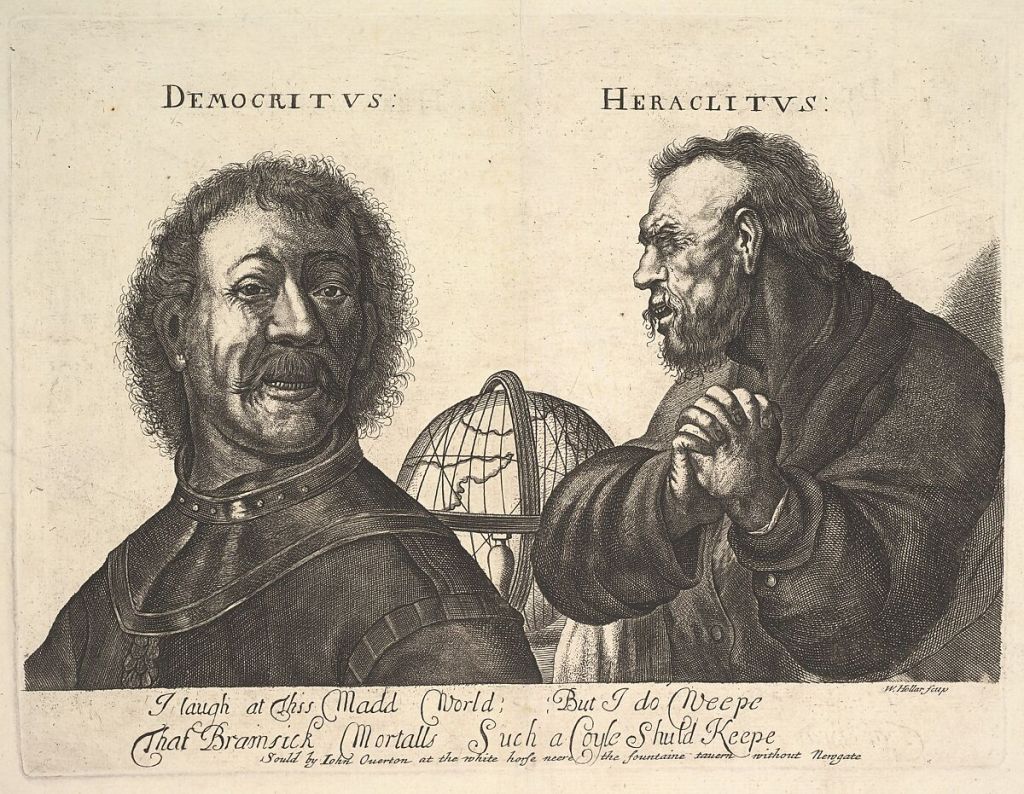
Then I will chronologically trace the contributions made by numerous scholars beginning in the Early Middle Ages, changing, or adding to those ancient Greek attempts at describing their world until something approaching the modern concepts appear and become accepted.
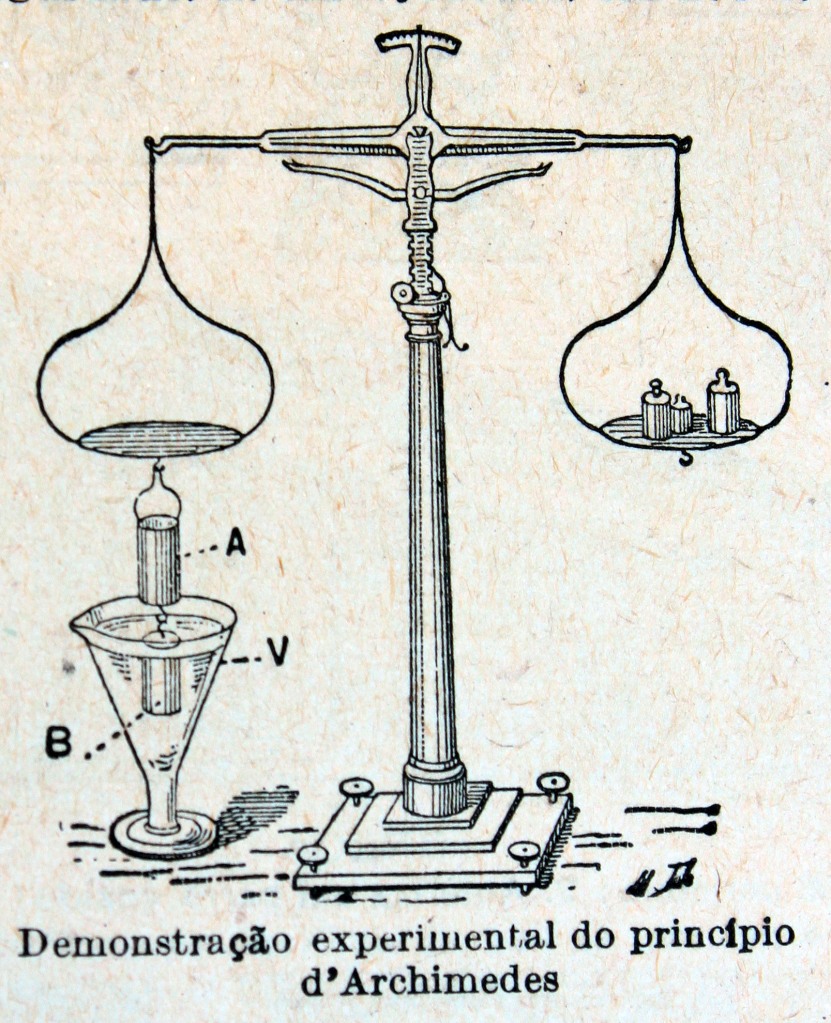
Much of the content of this series will, by its very nature, be closely related to the content of my previous series on the evolution of astronomy and of Renaissance science but, I hope with enough difference to make it interesting despite this. Join me next time in the sixth century BCE!